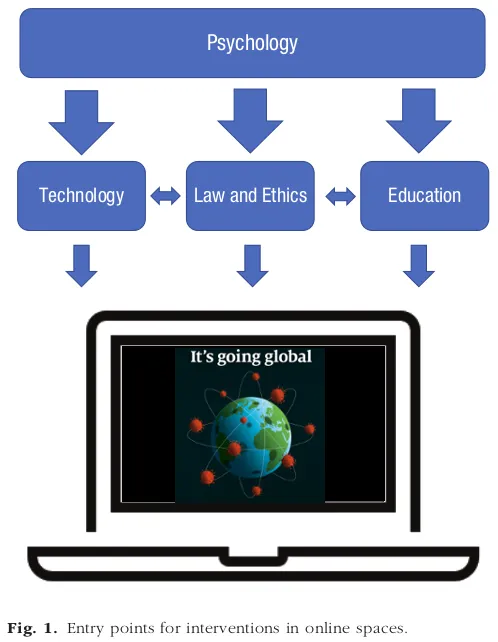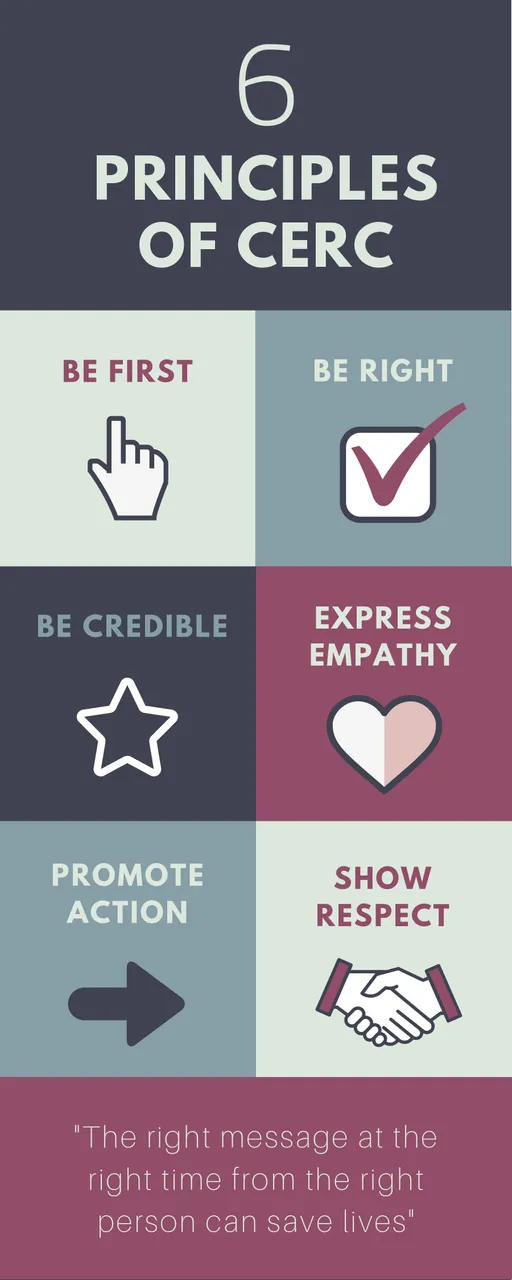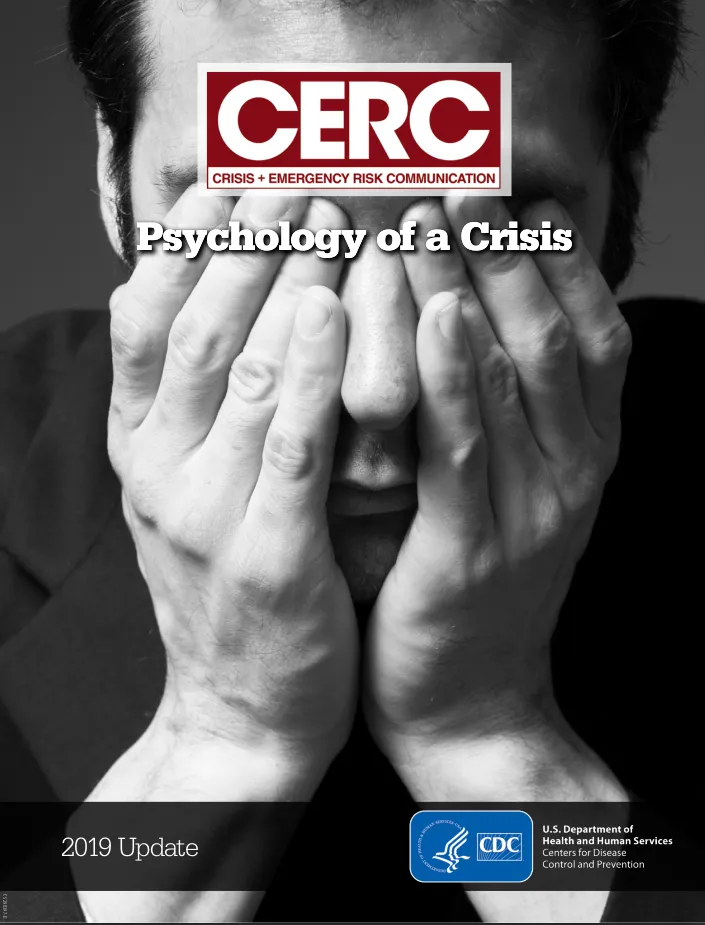Through Interdisciplinary Application & Interpretation of Risk Management, Psychology, Technology, Education and Law & Ethics

I've Collated the Below Documents in the Last 24 Hours.
They're listed chronologically for your ease of reference.
| Date | Title & URL |
|---|
| 1997 | Risk Communication and Vaccination: Workshop Summary - Vaccine Safety Forum, Board on Health Promotion and Disease Prevention, INSTITUTE OF MEDICINE |
| Oct 1999 | MEDICAL READINESS - DoD Faces Challenges in Implementing Its Anthrax Vaccine Immunization Program - United States General Accounting Office - Report to the Chairman and Ranking Minority Member, Committee on Veterans' Affairs, U.S. Senate |
| 2003 | Risk Management Frameworks for Human Health - Jardine et al 2003 |
| 2004 | Mobilizing for Action: Communication-for-Behavioural-Impact (COMBI) - WHO Mediterranean Centre for Vulnerability Reduction (WMC), Tunis |
| 2008 | WHO Outbreak Communication Planning Guide - 2008 edition |
| 2012 | COMMUNICATION FOR BEHAVIOURAL IMPACT (COMBI) - A toolkit for behavioural and social communication in outbreak response, WHO |
| Jun 2012 | Enhealth Guidance - guidelines for assessing human health risks from environmental hazards -Australian Department of Health |
| Nov 2012 | The Science Of Persuasion (Influence At Work) & THE SCIENCE OF PERSUASION - Seven Principles of Persuasion |
| Jan 2013 | ECDC TECHNICAL REPORT: A literature review on effective risk communication for the prevention and control of communicable diseases in Europe Insights into health communication - European Centre for Disease Prevention and Control |
| Jan 2016 | Vaccine safety communication : guide for immunization programme managers and national regulatory authorities - WHO Western Pacific Region |
| 2017 | Communicating risk in public health emergencies: a WHO guideline for emergency risk communication (ERC) policy and practice |
| 2018 | A Risk Practitioners Guide to ISO 31000 – Institute of Risk Management |
| Feb 2020 | Eighth Val-de-Grâce Emerging Infectious Diseases Seminar, Paris, France, March 29, 2019 - Emerging Infectious Diseases - Centers for Disease Control and Prevention (CDC) |
| Dec 2020 | Recognizing the Role of Psychological Science in Improving Online Spaces - Psychological Science in the Public Interest, Vol 21, Issue 3 |
| May 2021 | Critical preparedness, readiness and response actions for COVID-19 - Interim Guidance, WHO |
| Jun 2021 | Encyclopedia of Security and Emergency Management - Springer Nature Reference M.-H. (Eds.) |
| Jan 2023 | Vaccine Crisis Communication Handbook 9 JAN 2023 - They even have a "Vaccine Crisis Communication Handbook now, 4chan.org/pol |
| May 2023 | WHO Expert Committee on Biological Standardization. Seventy-sixth report |
| |
CERC (Crisis + Emergency Risk Communication)
U.S. Department of Health and Human Services - Centers for Disease Control and Prevention (CDC)
6 Principles of Crisis Communications From CDC (Plus Resource Materials)

- CERC - Psychology of a Crisis - 2019 Update

The Hidden Gem from 2013
Finally, the authors synthesised their guidance frameworks into a set of 10 decision-making principles for risk management, including risk communication:
- Do more good than harm (beneficence, nonmalificence).
- Ensure an equitable distribution of risk (equity).
- Fair process of decision making (fairness, natural justice).
- Seek optimal use of limited risk management resources (utility).
- Promise no more risk management than can be delivered (honesty).
- Impose no more risk than you would tolerate yourself (the Golden Rule).
- Be cautious in the face of uncertainty (‘better safe than sorry’).
- Foster informed risk decision making for all stakeholders (autonomy).
- Risk management processes must be flexible and evolutionary to be open to new knowledge and understanding (evolution, evaluation, iterative process).
- The complete elimination of risk is not possible (life is not risk free)
More to come...


